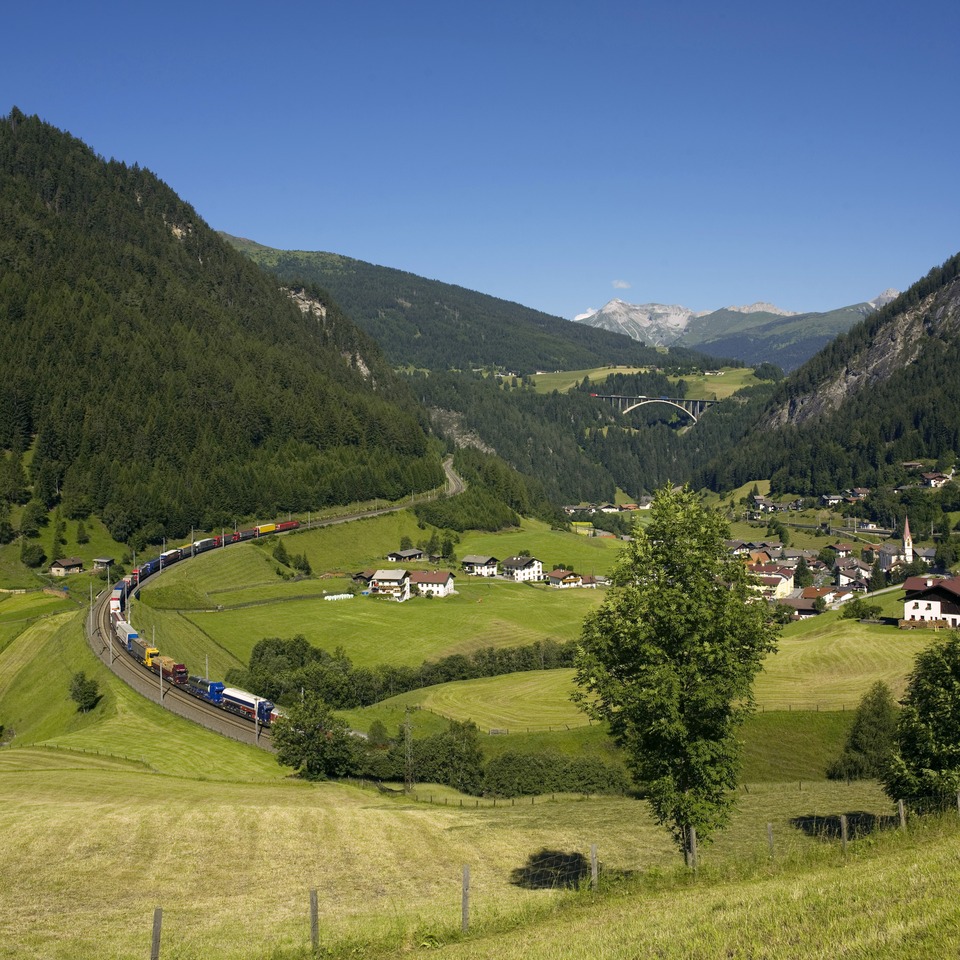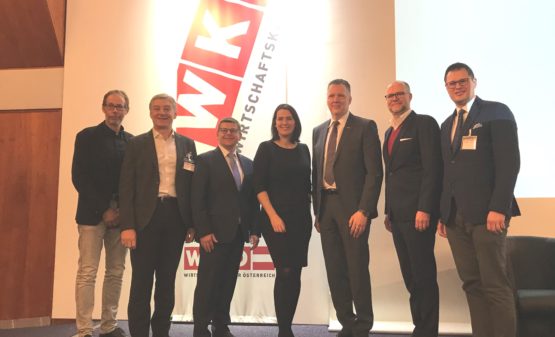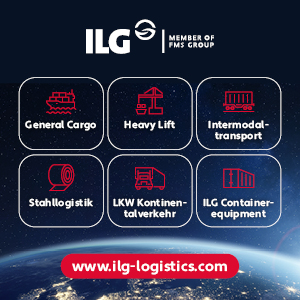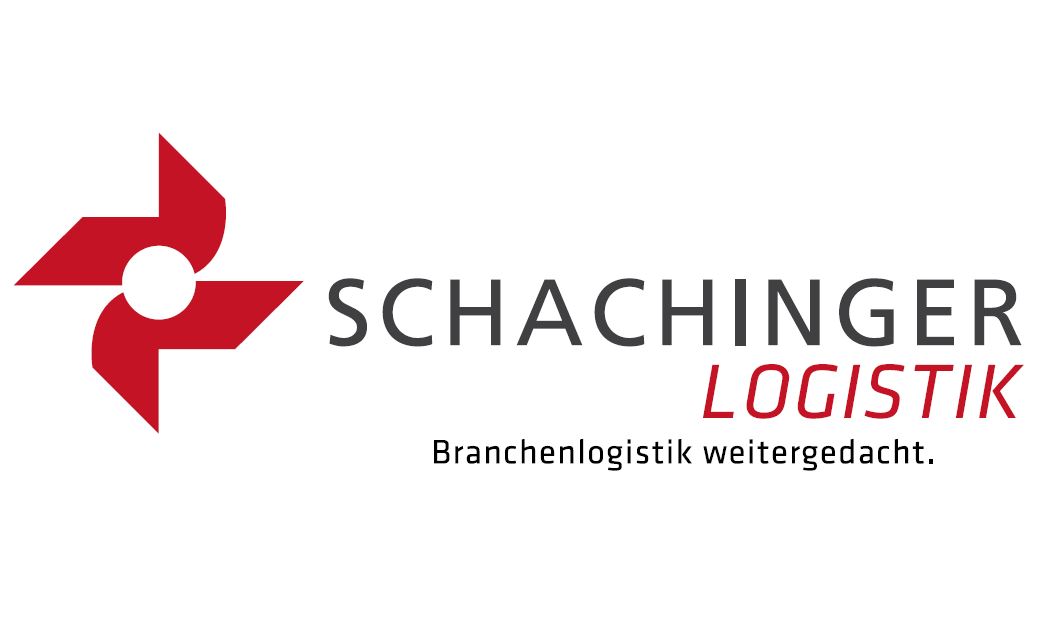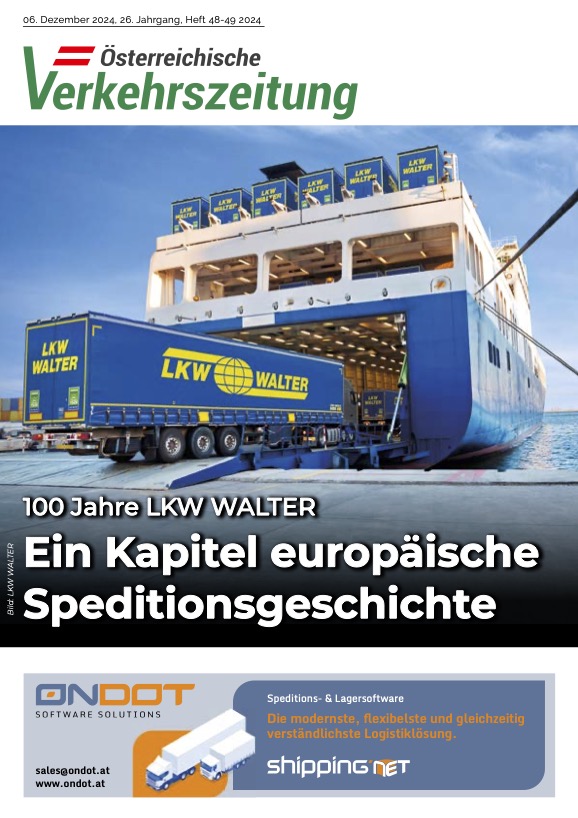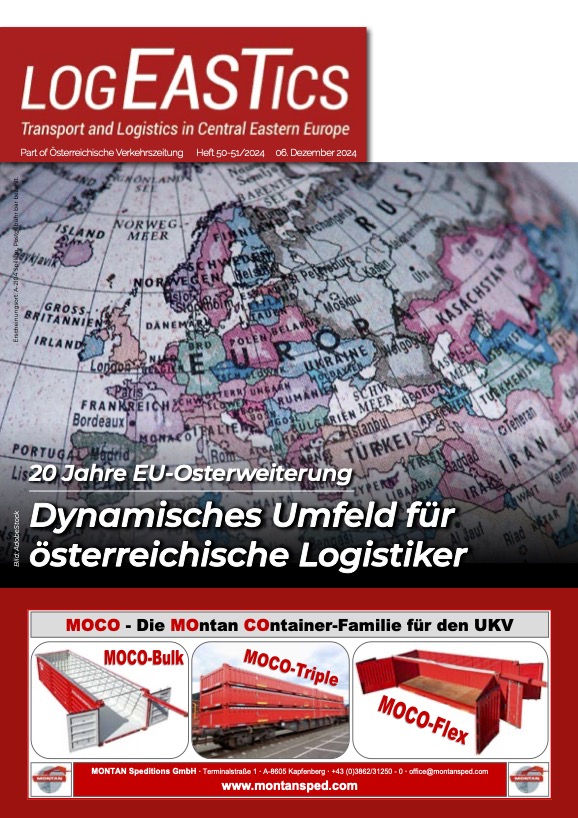The sectoral driving bans introduced by the State of Tyrol to reduce the emission of air pollutants show their effect: more and more trucks travel by rail, using the rolling road service.
Rail Cargo Operator responds by expanding its wagon capacity: from July 3, 18 instead of 16 daily train pairs will be operated on the Wörgl-Brennersee route for the rolling road service. As a result of the increase, the Brenner Shuttle will offer space for 648 trucks in the future – an increase of 12.5 per cent or 72 trucks per day.
Since the beginning of May, the impact of the sectoral driving ban, which prohibits the transportation of certain goods by heavy vehicles on a section of the Tiroler Inntal motorway, is clearly noticeable. While the average capacity utilisation of the Brenner Shuttle in the first four months of this year was 81.8 percent, it rose to 93 percent in May.
The growing importance of the rolling road in Tyrol is also reflected when comparing the month of May 2016 to May 2017. During this period, the Rail Cargo Group recorded a 70.6 percent increase in the utilisation of the rolling road with goods of the sectoral driving ban. The rail transports help hauliers to automatically bridge truck driver’s rest times, night driving bans as well as speed restrictions and save fuel costs, tolls, operating kilometers, and especially waits due to traffic jams.
As a co-ordinator of all involved areas, Rail Cargo Operator transports trucks of various types on special vehicles with a consistently low loading area (low-level freight wagons) on the rolling road, and is in charge of customer care, product management and scheduling including transport monitoring. The goods are handled via mobile ramps at terminals. The truck drivers travel in the escort carriage, which has a lounge with kitchen in addition to the loungers.


